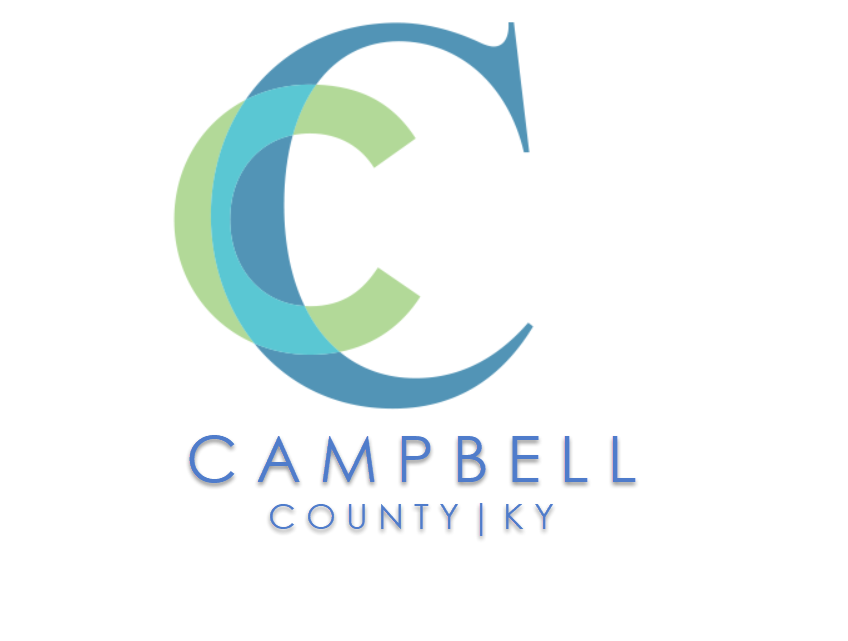Information from the County Attorney's Office
By Steven J. Franzen, Campbell County Attorney
Almost everyone knows when tax day is for federal and state taxes. However, my office gets dozens of calls each year regarding when local taxes are due and what taxes are owed. This article will explain the various types of local taxes and who is responsible for such taxes.
The most common local tax is on real property and each property owner receives a tax bill each year. Depending on where you reside, it is very common to get a county property tax bill but also a city property tax bill. These bills not only cover taxes for the City and County, but also fire districts, health departments and other local government organizations. Both tax bills are the property owner’s responsibility and if not timely paid, could result in significant penalties and interest. Kentucky’s penalties for not paying property taxes on time are, to put it mildly, harsh! Please consider this article a warning about the consequences of not paying property taxes timely. State law mandates that delinquent tax bills incur penalties and interest. Moreover, if the tax bill is not paid by the following August from when it is due, the tax bill may be sold to a third party who can levy additional penalties and fees, but also file a foreclosure action on the property after complying with Kentucky statutory requirements.
It is important to note that it is solely the responsibility of the property owner to see that its tax bill has been paid. If you do not receive a tax bill, you need to contact the Sheriff’s or County Clerk’s office to obtain a copy of your tax bill.
In addition to property taxes, business owners are also required to obtain occupational licenses from each respective jurisdiction (city and county) where it does business for the right to do business in that area. These licenses taxes are typically based on the receipts generated by the business and the license must generally be acquired before conducting any business in that city or county. Furthermore, if a business has employees, it is responsible for withholding payroll taxes for each employee and remitting those taxes to the respective local government where the employee is working.
Lastly, for employees, as many have probably noticed, must pay taxes to the local governments based on a percentage of your income. These are commonly referred to as payroll taxes and show up on your pay stubs and W-2s as the deductions similar to state and federal tax withholdings. However, I would caution employees that in some instances the employer, such as the Federal Government, will not be required to withhold the payroll tax and the responsibility of paying the payroll tax shifts to the employee.
I hope this article has been helpful in illuminating many of the taxes that we must pay on the local level. If you have questions regarding a specific tax or its applicability to you, I would recommend either contacting the respective taxing authority or contact a professional accountant or tax preparer to assist you in determining your tax responsibility.
If you have any topics you would like to have covered in this column, please contact my office by e-mail at countyattorney@campbellcountyky.org, by phone at 491-7700 or by regular mail addressed to 319 York Street, Newport, Kentucky 41071.
